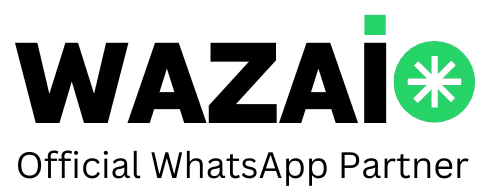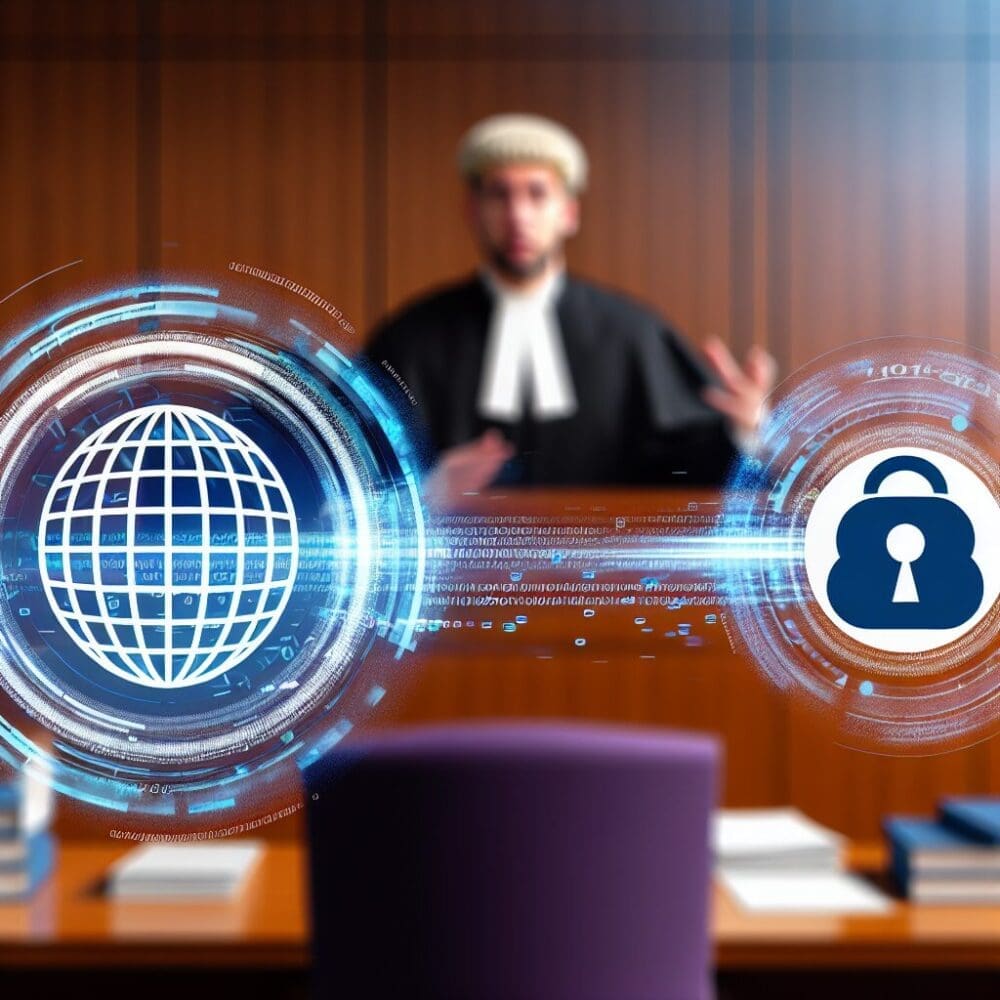“`html
NSO Group Held Liable for WhatsApp Breach, Court Declares
The battle between privacy advocates and surveillance technology companies took a decisive turn this week as a court ruling held the NSO Group accountable for a significant breach of WhatsApp’s security. This landmark decision not only underscores the challenges of cybersecurity in today’s digital age but also sends a strong message about the importance of accountability in technology sectors.
An Overview of the NSO Group Controversy
The NSO Group, an Israeli surveillance technology company, first came under the spotlight when it was accused of exploiting vulnerabilities in WhatsApp to deploy spyware on users’ devices. This incident triggered widespread condemnation from privacy advocates and tech companies worldwide. The breach affected over 1,400 individuals, including journalists, human rights activists, and government officials.
WhatsApp, owned by Facebook (now Meta Platforms), initiated legal action against the NSO Group in 2019. The central allegation was that NSO intentionally targeted and intercepted user communications, violating U.S. anti-hacking laws.
The Court’s Ruling
The recent court decision reaffirmed the stance taken by WhatsApp and its parent company. The court determined that NSO Group could not claim immunity from U.S. lawsuits, as their actions transcended legitimate security work and encroached on malicious cyber activity.
- The court rejected NSO’s appeal to shield itself under the Foreign Sovereign Immunities Act, stating that the company acted as a private actor, not a sovereign foreign entity.
- The breach was classified as “highly sophisticated” and “intentional,” further emphasizing the malicious intent behind the exploit.
- This decision sets a precedent, highlighting that companies developing surveillance tools must adhere to international norms and legal frameworks.
The Implications for Global Cybersecurity
The ruling against NSO Group is more than just a corporate battle; it marks a turning point in how the digital world addresses cybersecurity issues:
- Reinforcing User Privacy: The decision underscores the importance of safeguarding personal data against unauthorized surveillance. It sends a clear message that privacy violations will be met with stringent legal consequences.
- Accountability in Surveillance Technology: This is a wake-up call for tech firms to ensure that their tools are not misused. Companies are now urged to implement stricter controls over the deployment of their technology.
- Encouraging International Cooperation: The ruling serves as a catalyst for countries to collaborate on establishing global standards and laws governing the use of digital surveillance tools.
Impact on the Technology Sector
For the tech industry, this verdict provides both relief and a cautionary tale. On one hand, tech giants like WhatsApp view the decision as a victory for digital rights. On the other hand, companies involved in cybersecurity need to reassess their strategies and the ethical implications of their innovations.
The Future of Cybersecurity: Moving Forward
In the wake of this decision, there are several avenues that stakeholders can explore to foster a safer digital ecosystem:
Adopting Robust Security Measures
Organizations must continuously invest in robust security infrastructure to prevent unauthorized access. This includes deploying encryption technologies, conducting regular security audits, and fostering a culture of vigilance among users and employees.
Strengthening Regulatory Frameworks
Governments and international bodies should intensify efforts to create comprehensive legal frameworks that keep pace with technological advancements. This involves:
- Establishing clear regulations on the use of surveillance technology.
- Implementing penalties for companies that fail to comply with privacy standards.
- Encouraging transparency and accountability through mandatory reporting of data breaches.
Promoting Ethical Innovation
As innovation continues to drive the tech industry forward, it is crucial to prioritize ethical practices. Companies must engage with stakeholders to ensure that their creations serve the greater good:
- Participating in collaborative efforts to define ethical standards for technology use.
- Engineering solutions that prioritize data privacy and user consent.
- Integrating ethical considerations into the development process from the onset.
Empowering Users through Education
A well-informed public is the first line of defense in ensuring cybersecurity. By encouraging user education and awareness:
- Individuals can better understand the risks associated with their digital activities and take protective measures.
- Awareness campaigns can help in reducing the likelihood of successful cyberattacks.
- Empowered users can demand accountability and transparency from service providers.
Conclusion
The court’s decision to hold NSO Group liable for the WhatsApp breach marks a milestone in the ongoing fight for cyber integrity and privacy. While it is a significant victory for digital rights, it also highlights the broader challenges that remain in governing the use of surveillance technology.
Moving forward, it is imperative that both public and private sectors join forces to ensure that technological advancements do not come at the expense of personal freedoms and rights. As demonstrated in this case, accountability and vigilance are key to protecting our digital future.
“`



